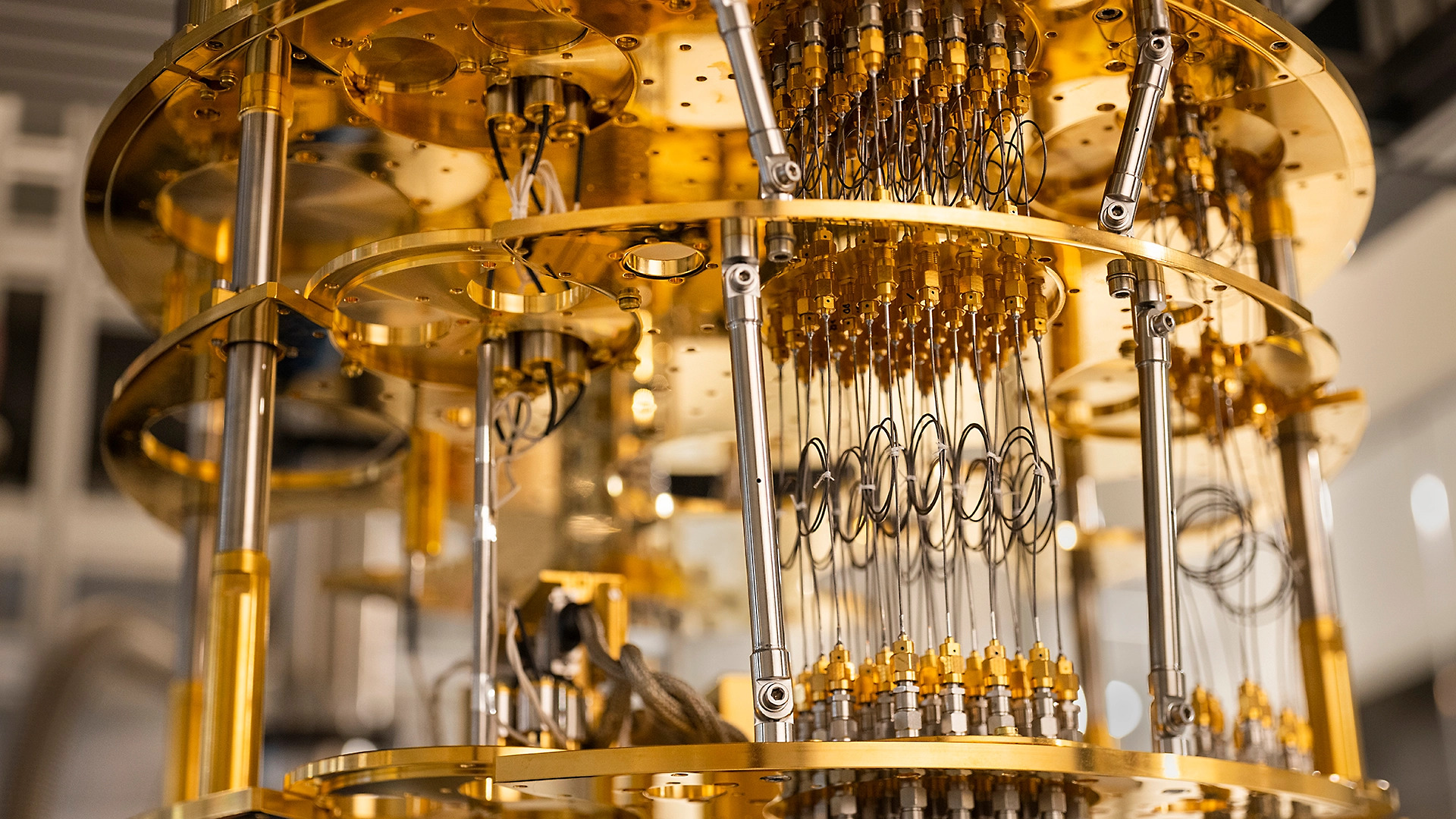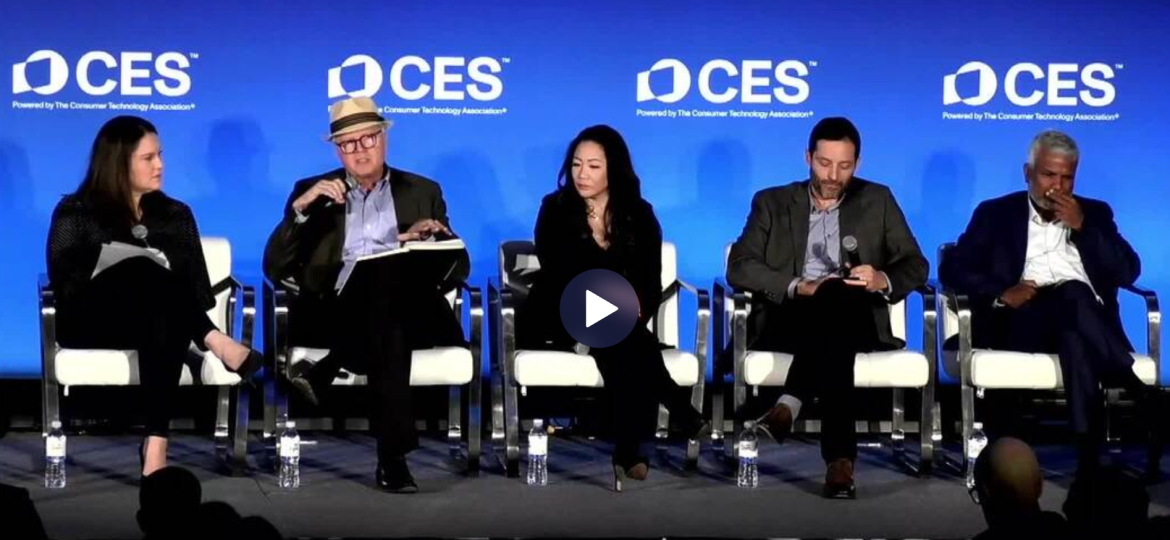Evaluating Feasibility of Practical Quantum Computing Approaches
The Defense Advanced Research Projects Agency (DARPA) is set to significantly expand its Quantum Benchmarking Initiative (QBI) after identifying a greater number of companies with viable plans for developing practical quantum computers than initially anticipated. This initiative aims to rigorously assess the feasibility of various quantum computing approaches, determining their potential to achieve utility-scale operations by 2033.
Key Highlights:
- Independent Evaluation – Unlike traditional funding programs, QBI does not provide direct development grants. Instead, it offers companies access to an interagency team of experts who conduct unbiased third-party verification and validation of their quantum computing concepts. This process ensures a thorough assessment of each approach’s viability.
- Initial Participants – In the pilot phase, known as the Underexplored Systems for Utility-Scale Quantum Computing (US2QC), DARPA awarded contracts to Microsoft and PsiQuantum. These companies advanced through a rigorous evaluation process, securing long-term “Stage C” contracts.
- Upcoming Expansion – Encouraged by the success of the initial phase, DARPA is inviting additional companies to participate in QBI. New awards are expected to be finalized by late March 2025, broadening the scope of the initiative and providing a more comprehensive evaluation of the industry’s progress toward practical quantum computing solutions.
This expansion reflects DARPA’s commitment to advancing quantum computing technology by identifying and supporting approaches with the highest potential for real-world application.










